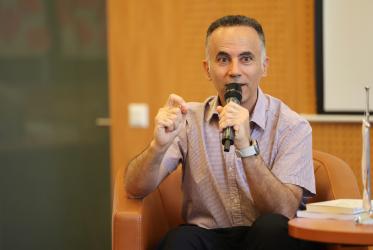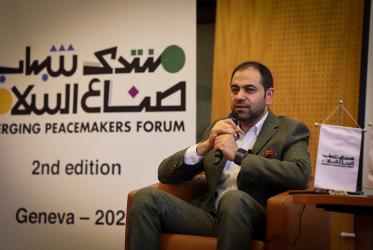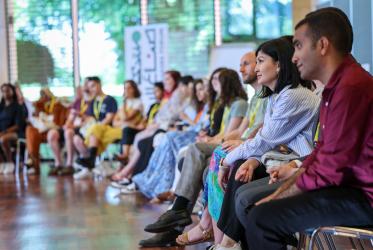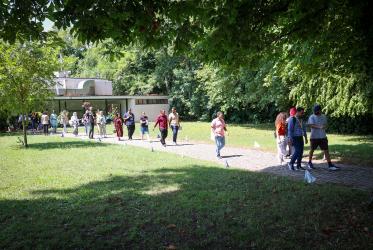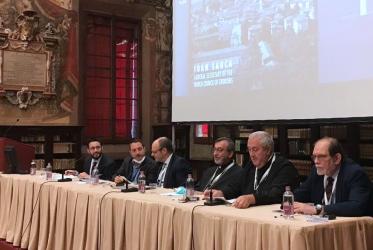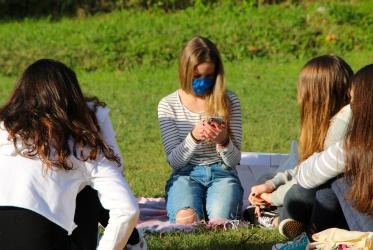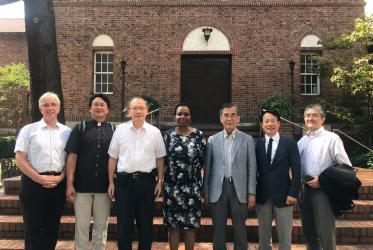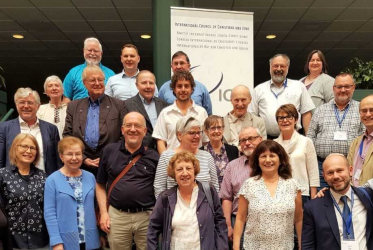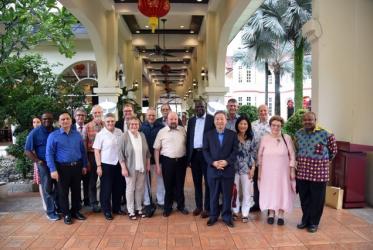Displaying 1 - 20 of 32
Scottish and UK religious leaders call for urgent climate action
20 September 2021
Young people offer visions for interreligious solidarity
04 December 2020
Freedom of religion rooted in justice
06 March 2020
In Japan, spirit of koinonia deepens
26 September 2019
Role of religion being questioned in public event in Norway
14 August 2019
Hielke Wolters: Apostle of mission strategies
01 August 2016


